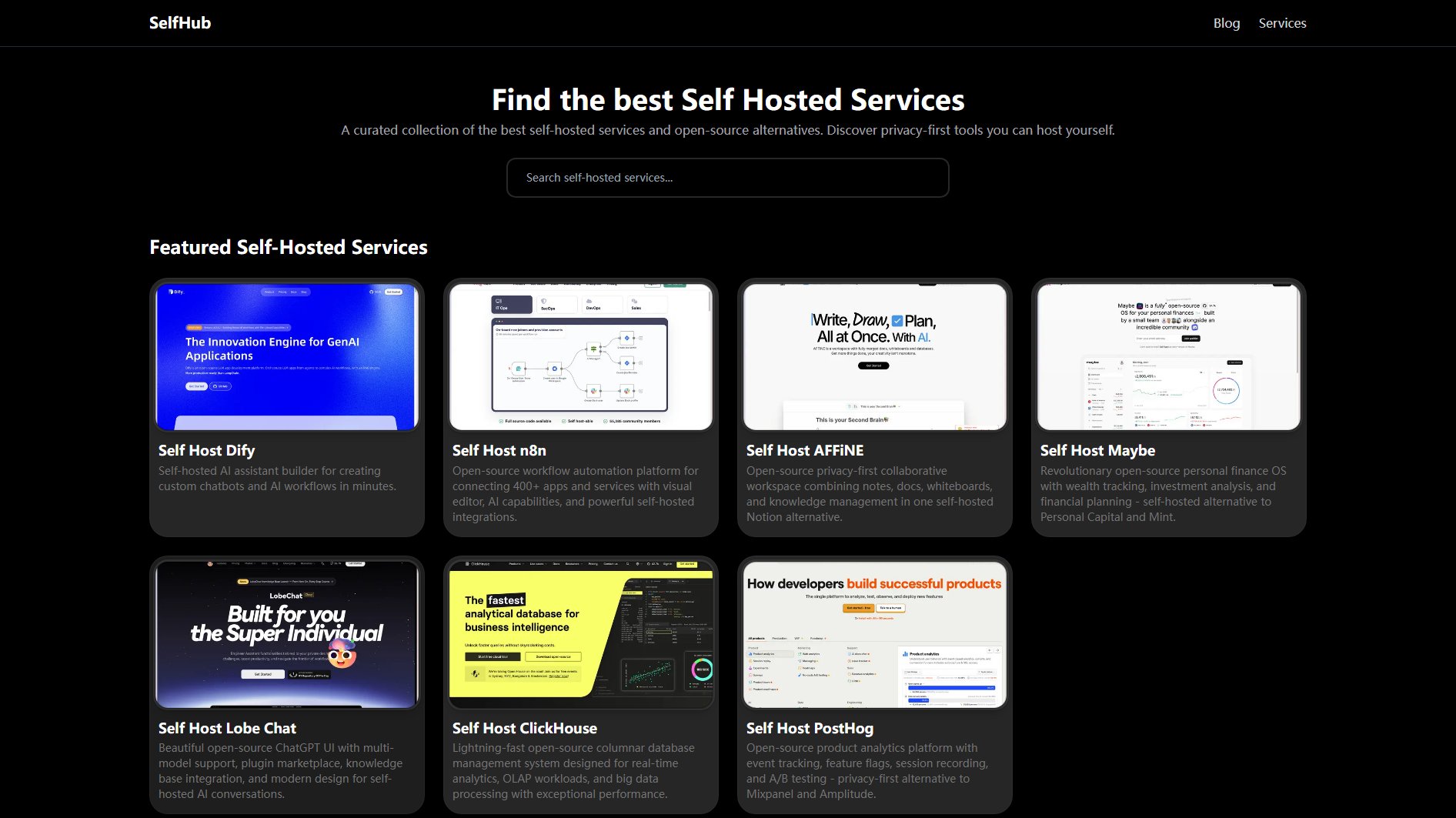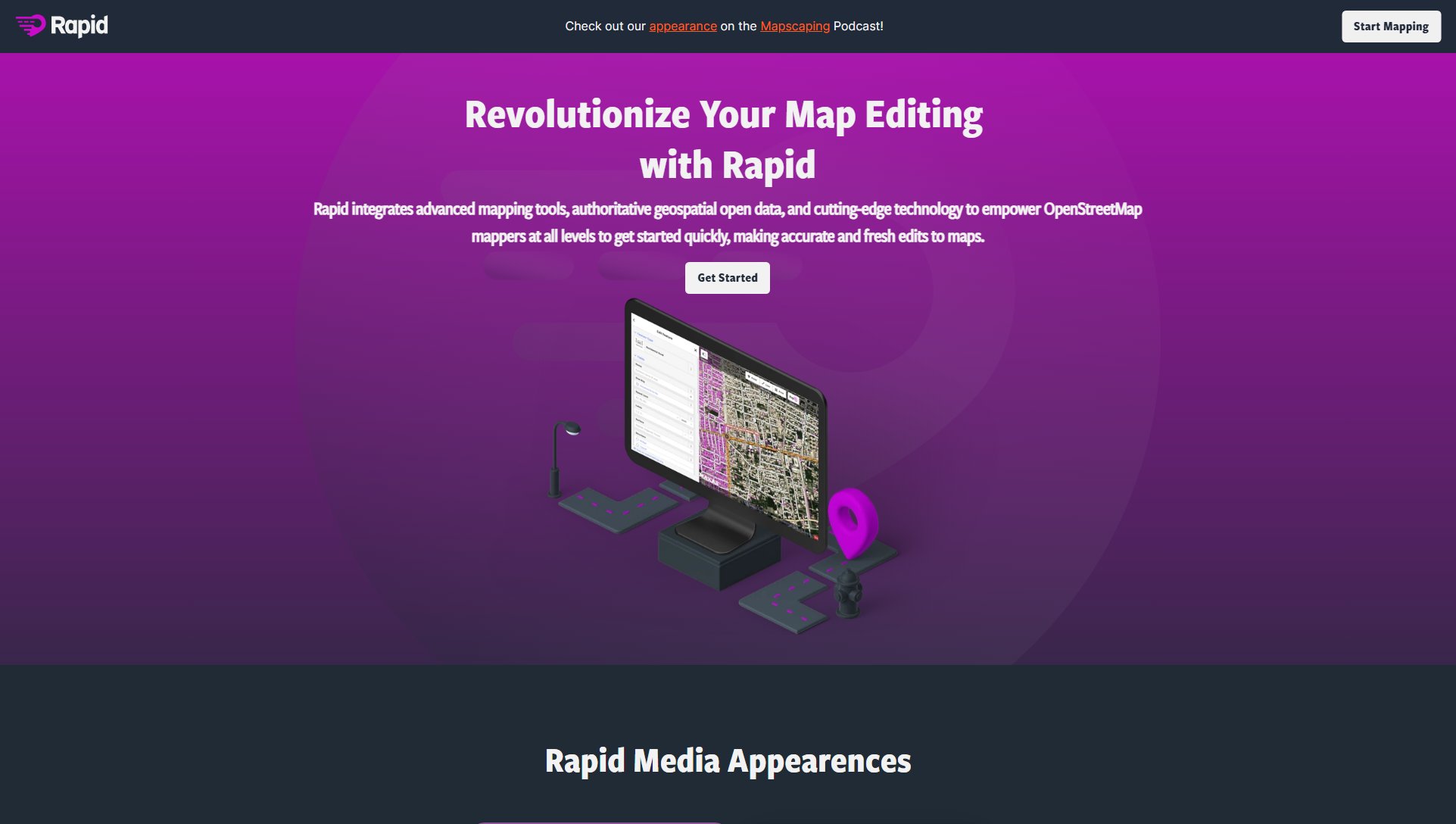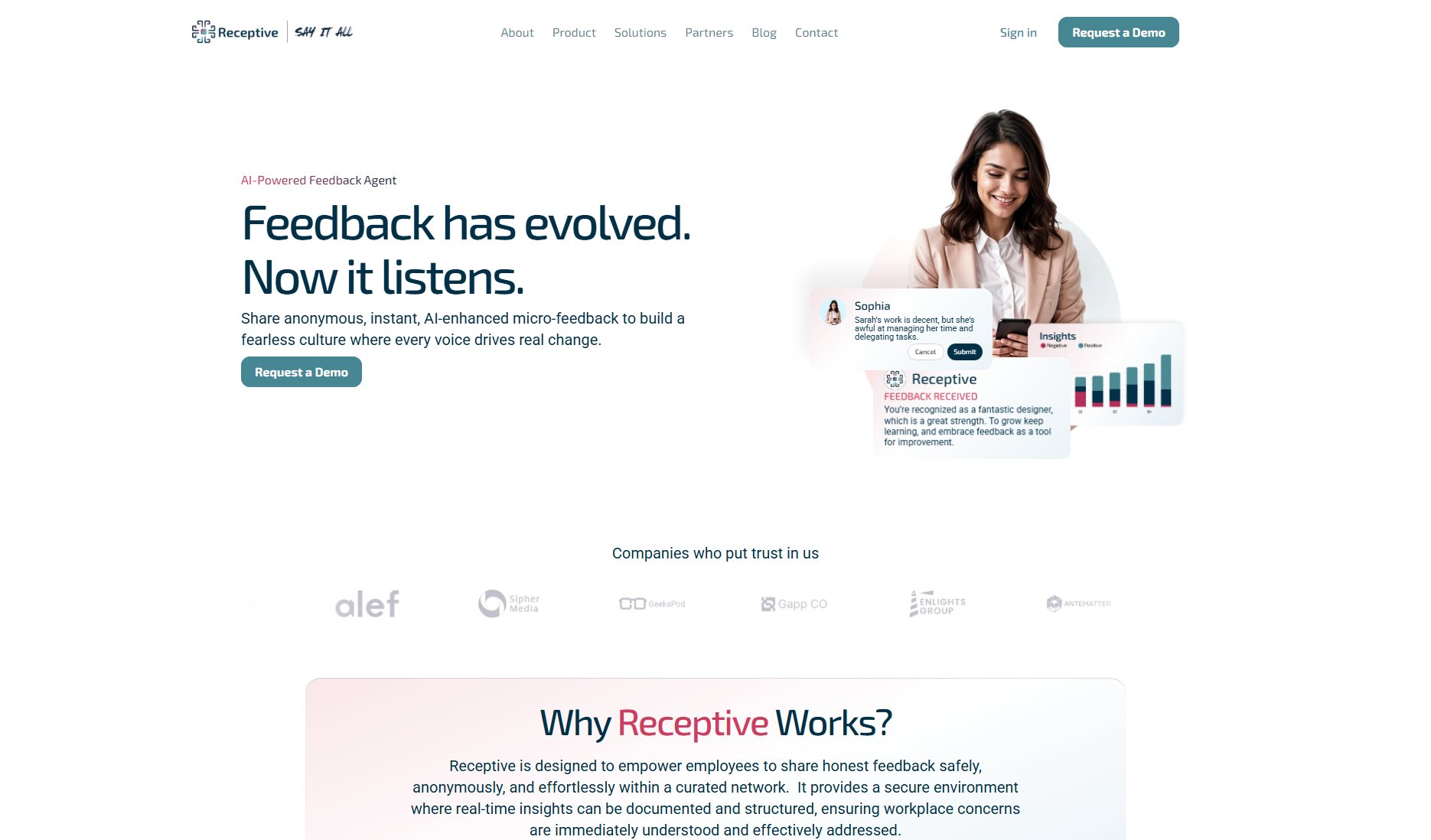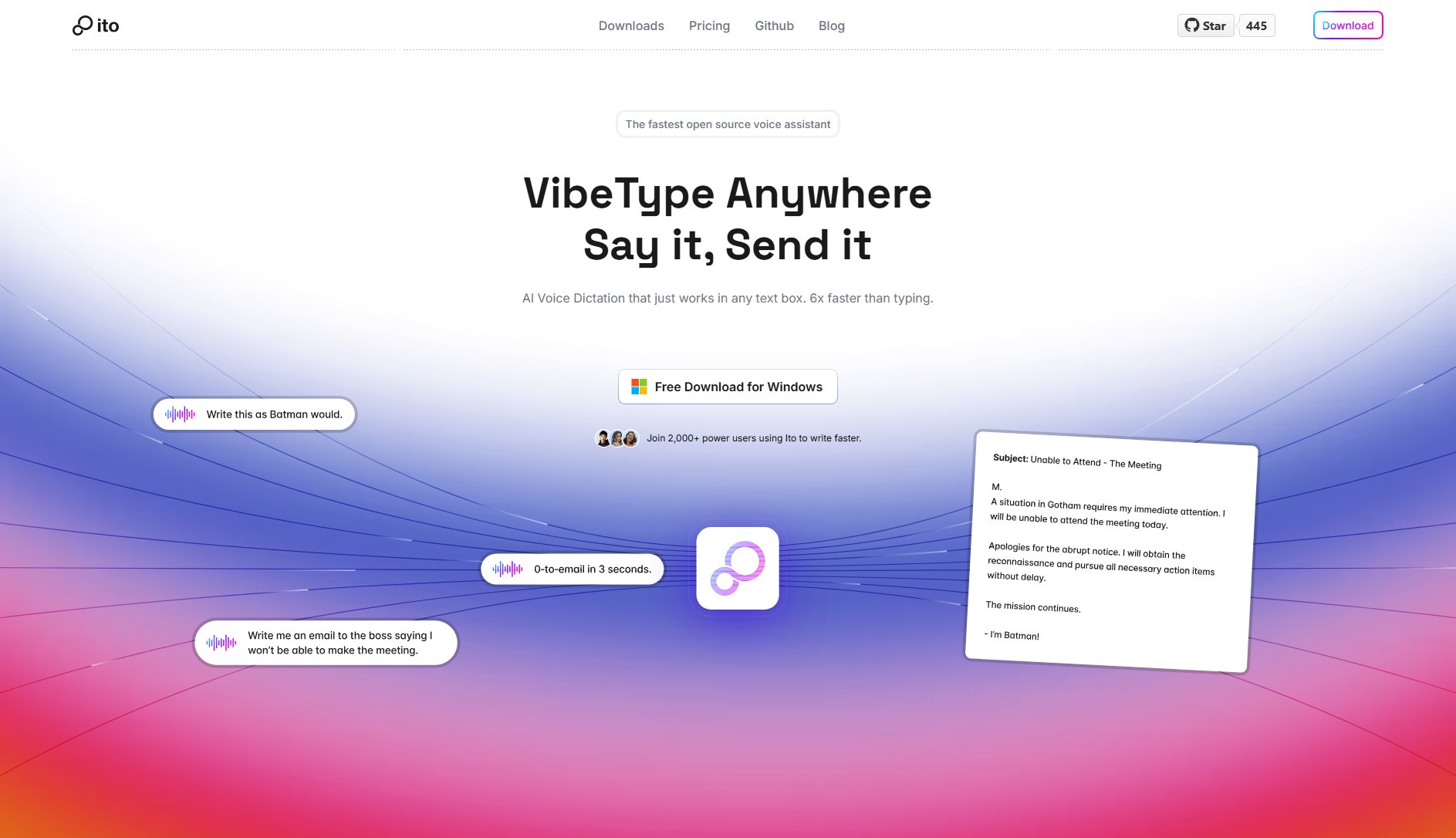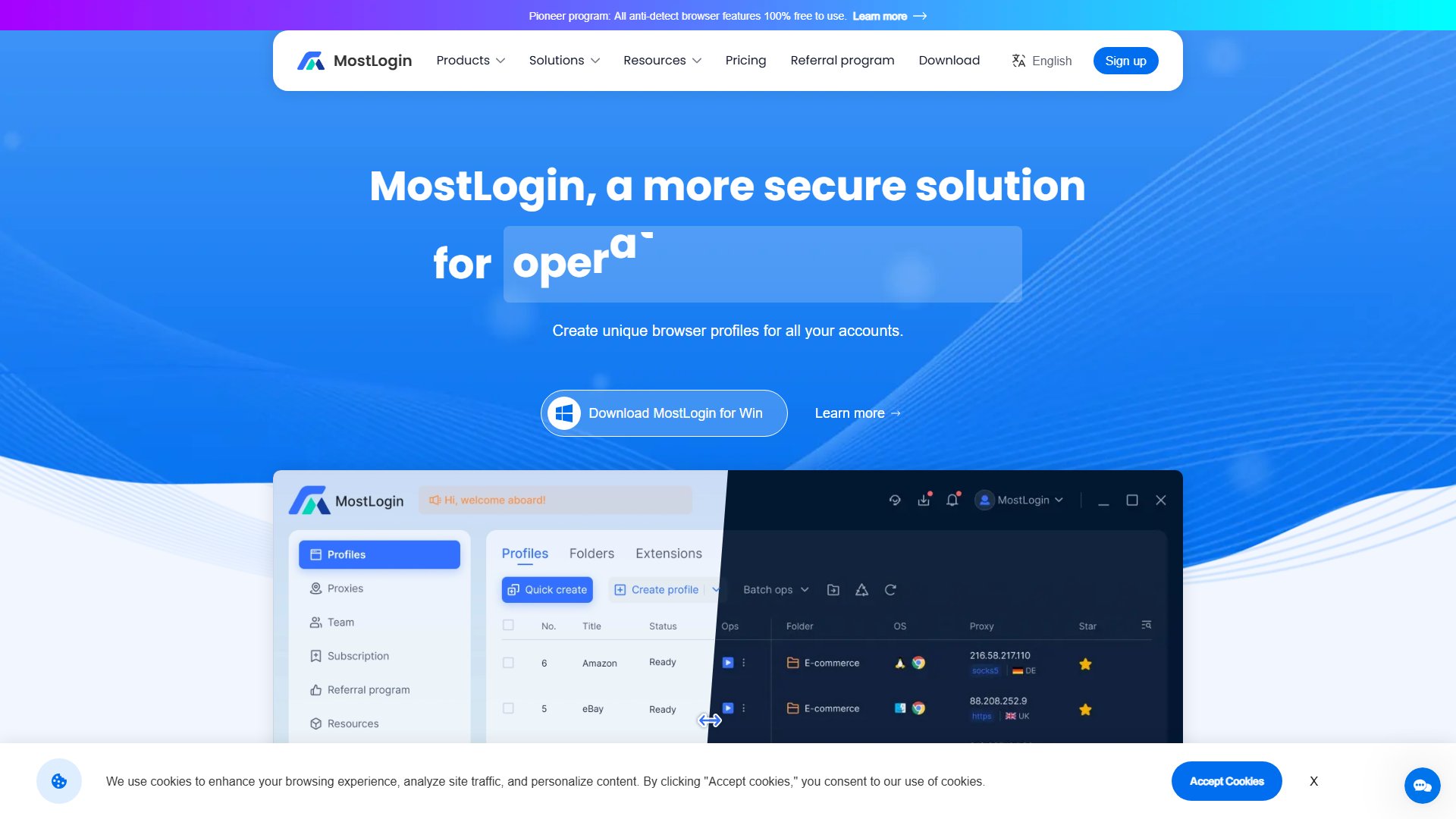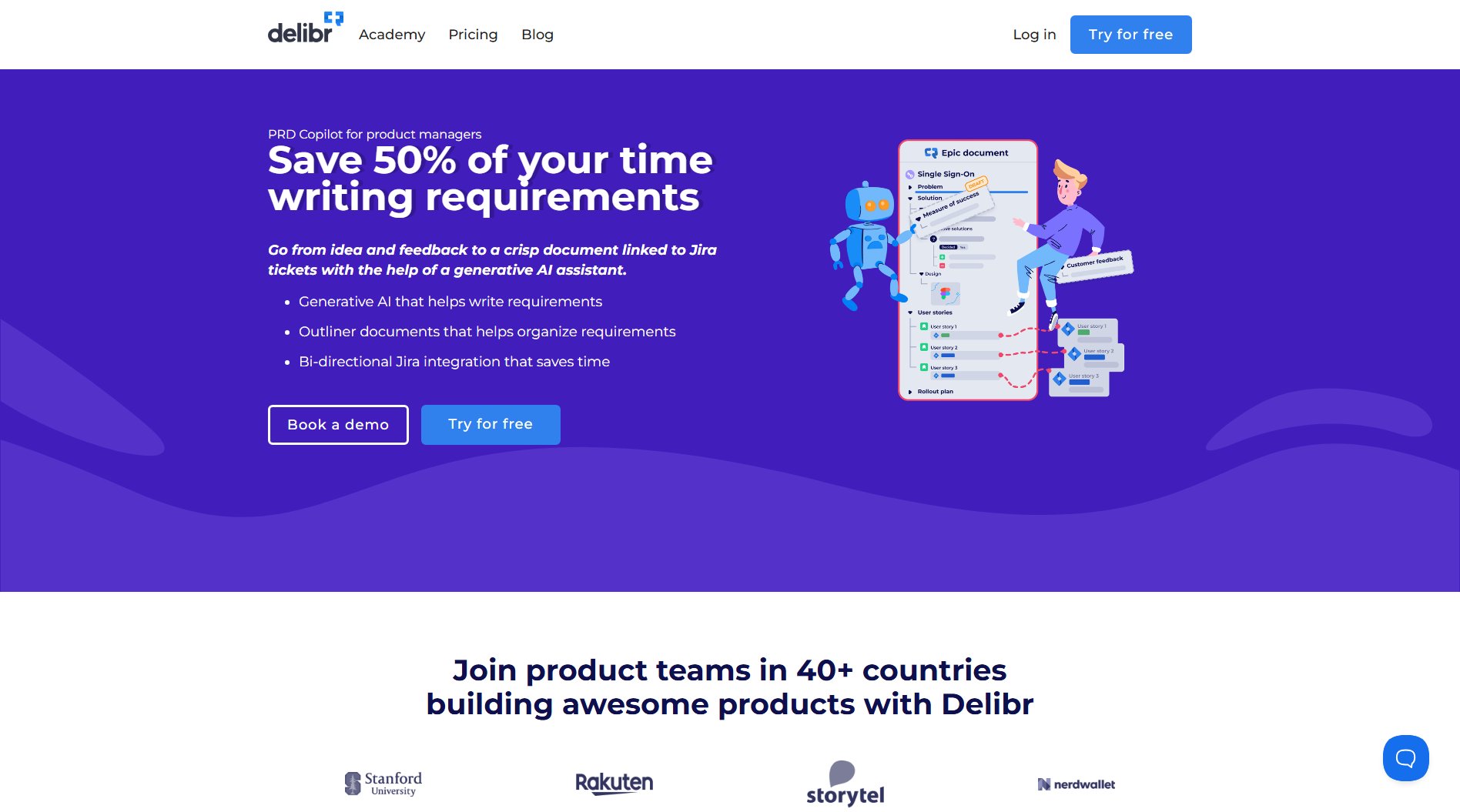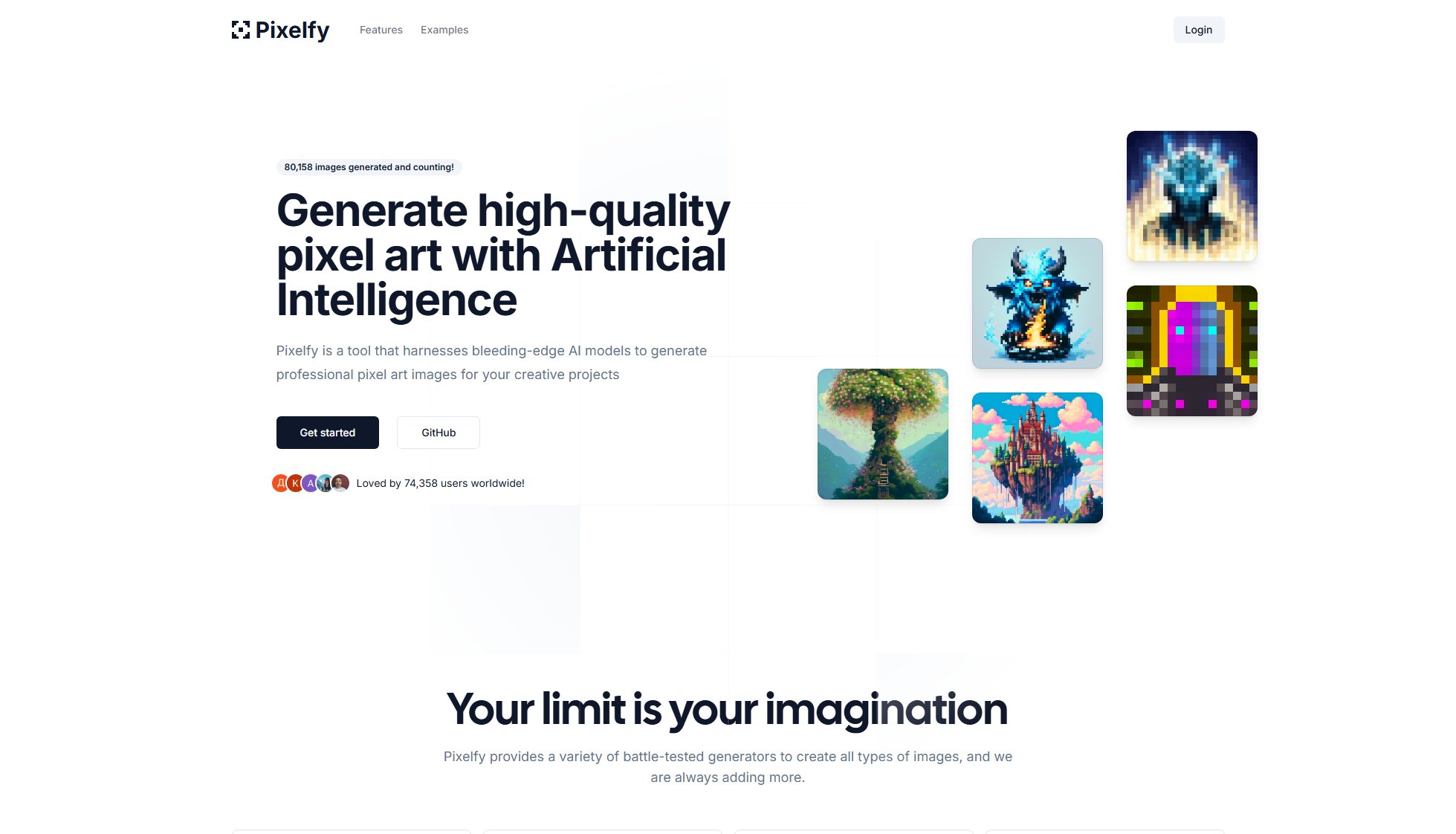Eververse
Open-source AI-powered product management platform
What is Eververse? Complete Overview
Eververse is an open-source product management platform that helps teams explore problems, ideate solutions, prioritize features, and plan roadmaps with AI assistance. It serves as a modern alternative to tools like Productboard and Cycle, designed to bring product teams together in a collaborative environment. The platform solves key pain points in product management including manual feedback processing, roadmap creation in spreadsheets, and disjointed communication across tools. Eververse is particularly valuable for product managers, startup founders, and development teams looking to streamline their product development lifecycle. With over 1300 companies already using it including notable names like Apollo, Glide, and Prismic, Eververse has proven its effectiveness in helping teams build better products faster.
Eververse Interface & Screenshots
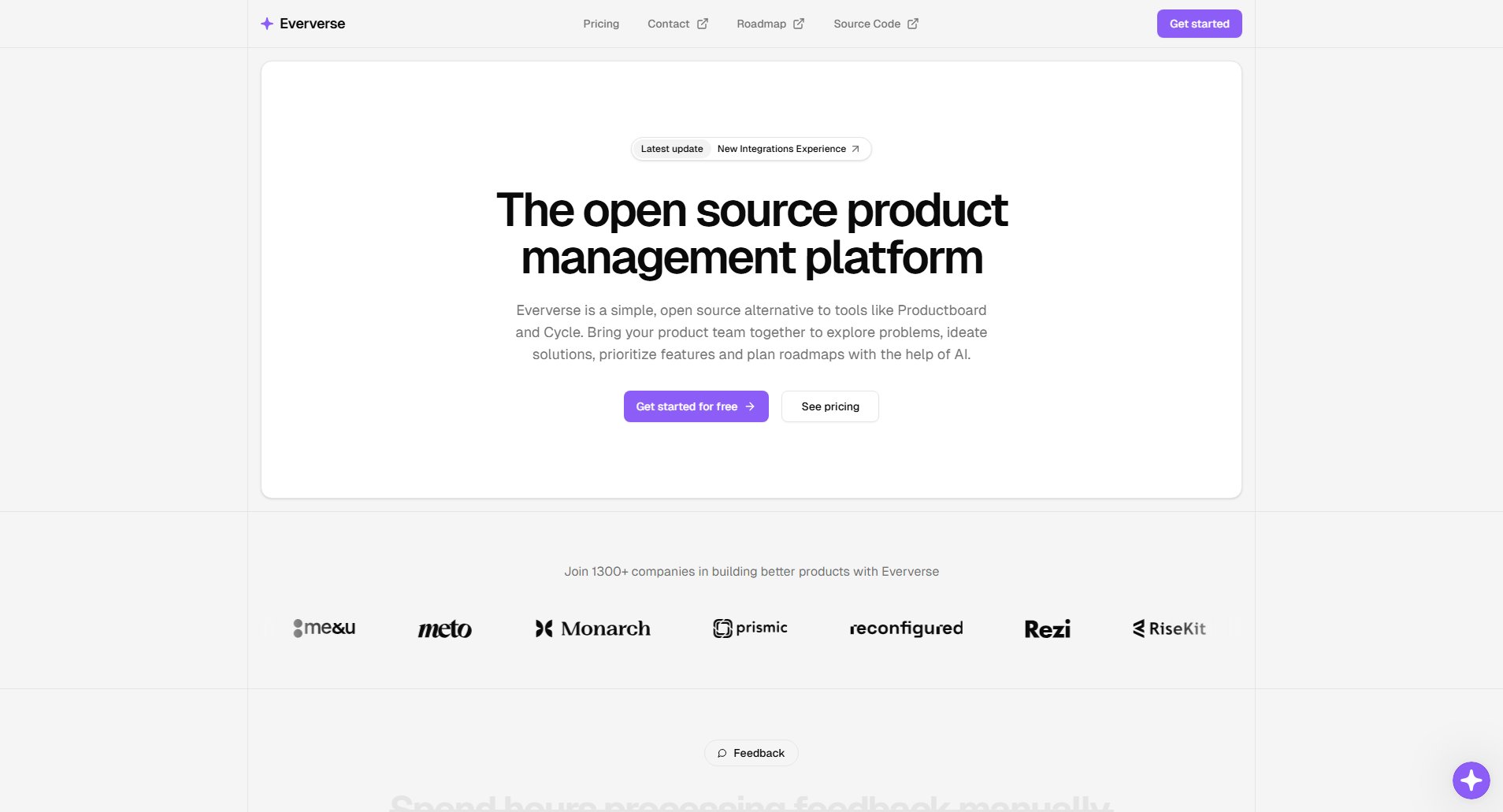
Eververse Official screenshot of the tool interface
What Can Eververse Do? Key Features
AI Feedback Processing
Eververse automates the tedious process of collecting and analyzing customer feedback. Its AI capabilities include automatic summarization of feedback to extract key pain points and recommendations, sentiment analysis to understand customer emotions, and transcription of audio/video feedback. This eliminates hours of manual work while providing deeper customer insights.
AI-Assisted Backlog Creation
The platform includes powerful writing tools with AI capabilities to help create and maintain product backlogs. Features include smart text editing, AI-assisted writing for rephrasing and summarizing content, and predictive RICE scoring to help prioritize features based on Reach, Impact, Confidence and Effort estimates.
Visual Roadmapping
Eververse transforms roadmap creation from a spreadsheet chore into a visual, collaborative process. Teams can create Gantt charts and calendar views of their roadmaps, with customizable statuses and views. The system automatically generates timelines based on feature priorities and dependencies.
Initiative Management
The platform provides dedicated tools for managing strategic initiatives across the organization. Teams can create initiative pages, track progress, and share updates - serving as a single source of truth for cross-functional projects that often span multiple tools.
Integrated Changelog
Eververse includes a rich changelog editor that can be automatically populated using AI. This eliminates the need for manual status update emails and meetings, keeping all stakeholders informed through beautiful, searchable release notes.
Customer Portal & Widget
Teams can create public-facing portals to share roadmaps and collect feedback, or embed widgets directly in their products. This keeps users informed without requiring them to leave the product experience, while gathering valuable input.
Best Eververse Use Cases & Applications
Startup Product Development
A startup founder uses Eververse to manage their entire product lifecycle - from collecting early user feedback through Intercom, prioritizing features using AI RICE scoring, creating a visual roadmap for investors, and publishing updates via the customer portal. This replaces multiple disjointed tools with one integrated platform.
Enterprise Product Team
A product team at a mid-sized company uses Eververse to coordinate across multiple squads. They create initiatives for major projects, sync features with Jira, generate automated changelogs from releases, and maintain a single source of truth for the product strategy that's accessible to all stakeholders.
UX Research Synthesis
A UX researcher uploads video recordings of user interviews to Eververse, which automatically transcribes them and identifies key pain points through AI analysis. The product manager then links these insights directly to features in the backlog, creating traceability from research to roadmap.
How to Use Eververse: Step-by-Step Guide
Sign up for a free account and create your workspace. You can start with the Hobby plan at no cost, which includes core features for individual users or small teams getting started with product management.
Connect your feedback sources by integrating with support tools like Intercom, Slack, or email. Eververse will automatically collect and process customer feedback using AI summarization and sentiment analysis.
Create your product backlog using the rich editor and AI writing assistance. Define features, group them by product areas, and use the AI RICE scoring to help prioritize what to build next.
Build your roadmap by dragging prioritized features onto the Gantt or calendar view. Customize the timeline view to show the appropriate level of detail for your audience, from high-level quarterly plans to detailed sprint schedules.
Share progress through the integrated changelog and customer portal. Use AI to generate update summaries, and publish them to your portal or embed the widget in your product to keep users informed.
Eververse Pros and Cons: Honest Review
Pros
Considerations
Is Eververse Worth It? FAQ & Reviews
Yes, Eververse is fully open source under a permissive license, allowing teams to self-host if needed while still offering a managed cloud version for convenience.
Eververse uses natural language processing to summarize feedback, identify common themes, and assess sentiment. It can process text, audio, and video inputs to extract actionable insights automatically.
Yes, Eververse supports imports from various product management tools and offers direct integrations with Jira, GitHub, Linear, and others for bidirectional sync of features and issues.
Yes, Eververse provides a comprehensive REST API that allows you to build custom integrations and automate workflows. The API documentation is available to all users.
The free Hobby plan includes core functionality with limits on feedback items and features. Paid plans remove these limits and add advanced capabilities like AI-generated updates, custom roadmaps, and enterprise integrations.
